
Category Archives: Blog
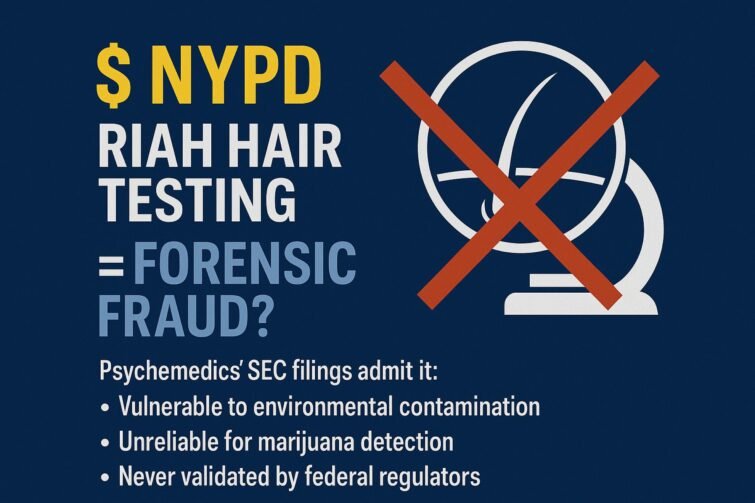
Presumed Guilty by a Strand: Why the NYPD and Other Employers...
Executive Summary Despite persistent scientific controversy and the lack of regulatory approval from any federal workplace drug testing authority, employers across the public and private sectors continue to rely on Psychemedics Corporation’s...
Read More ›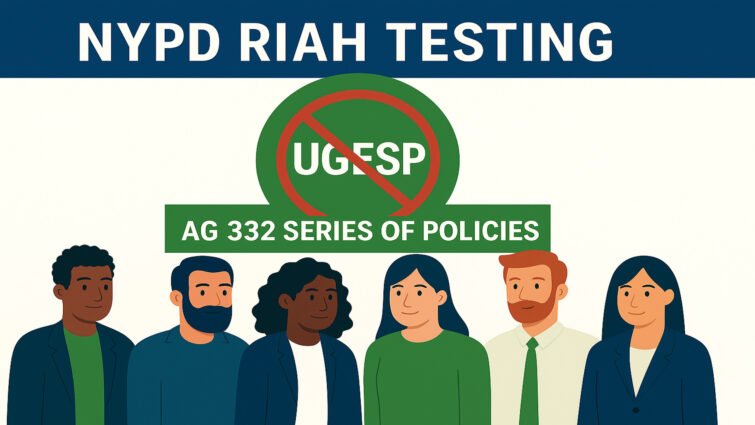
Biased by Design: Why the NYPD’s Drug Testing Policies Fail the...
Executive Summary The New York City Police Department (NYPD) maintains a sweeping drug testing regime codified through a sequence of internal directives—Administrative Guide Procedures 332-05 through 332-13—which mandate biological sampling,...
Read More ›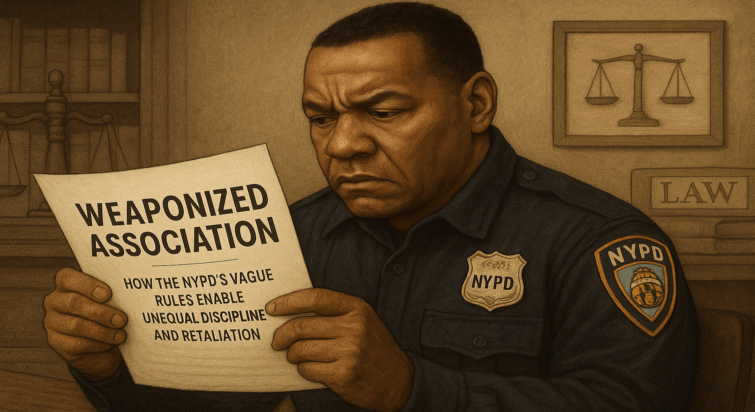
Weaponized Association: How the NYPD’s Vague Rules Enable Unequal Discipline and...
Executive Summary The New York City Police Department (NYPD) operates under a disciplinary regime that purports to uphold integrity, but in practice enables arbitrary punishment, political favoritism, and systemic inequity. At the center of this...
Read More ›
Subpoena Without Scrutiny: How NYPD’s Administrative Code § 14-137 Enables Retaliatory...
I. Introduction Most New Yorkers have never heard of New York City Administrative Code § 14-137—and that’s the problem. Hidden in the statutory thicket of local law, this provision grants the NYPD Commissioner and designated officers sweeping...
Read More ›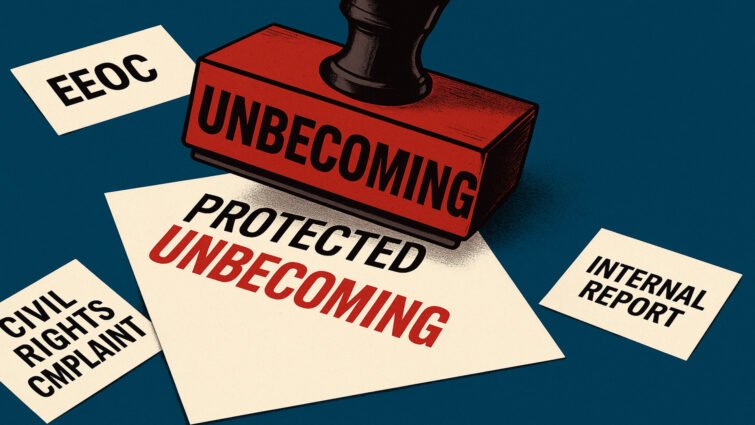
The Law of Retaliation: How the NYPD Uses Administrative Code §...
I. Introduction In the New York City Police Department, retaliation isn’t a deviation from the rules—it’s embedded in them. Codified under New York City Administrative Code § 14-115, the Police Commissioner possesses sweeping authority to...
Read More ›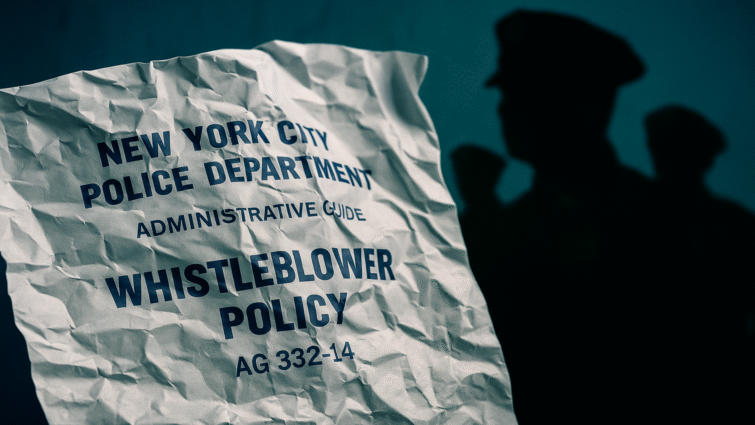
Older Than the Badge: Why NYPD Whistleblower Protections Fail by Design
Introduction: A Culture Older Than the Badge The NYPD’s whistleblower policy—codified in Administrative Guide Procedure AG 332-14—appears to reflect modern ideals of accountability, transparency, and institutional self-correction. The rule...
Read More ›


